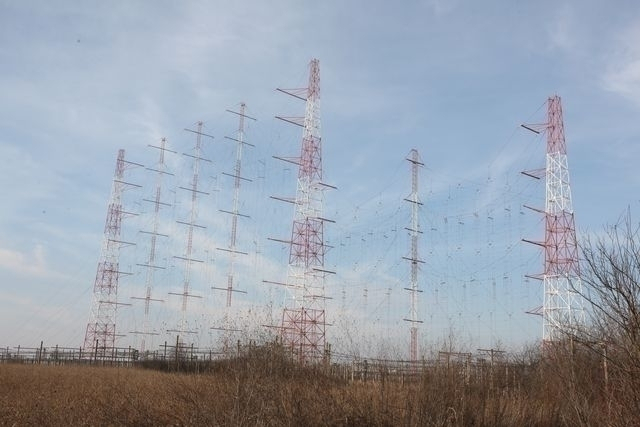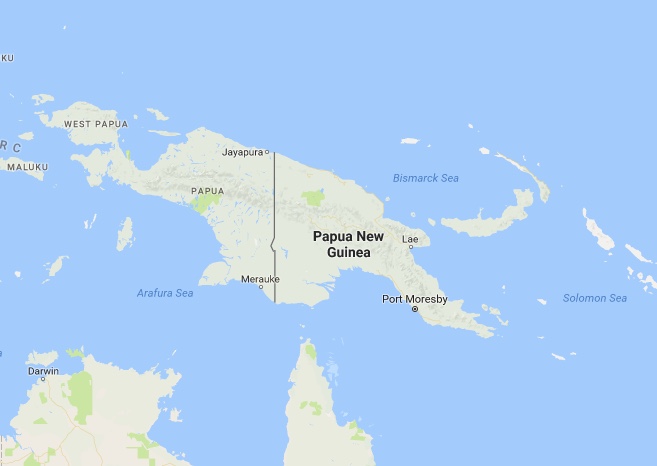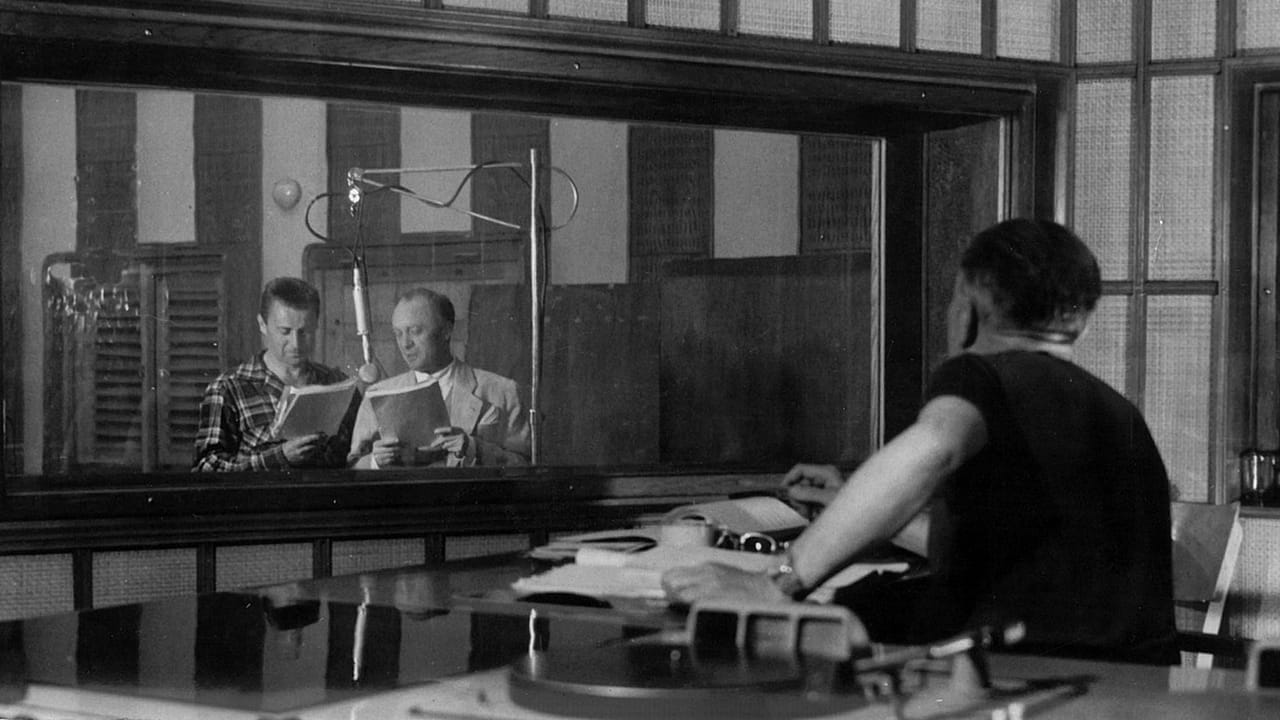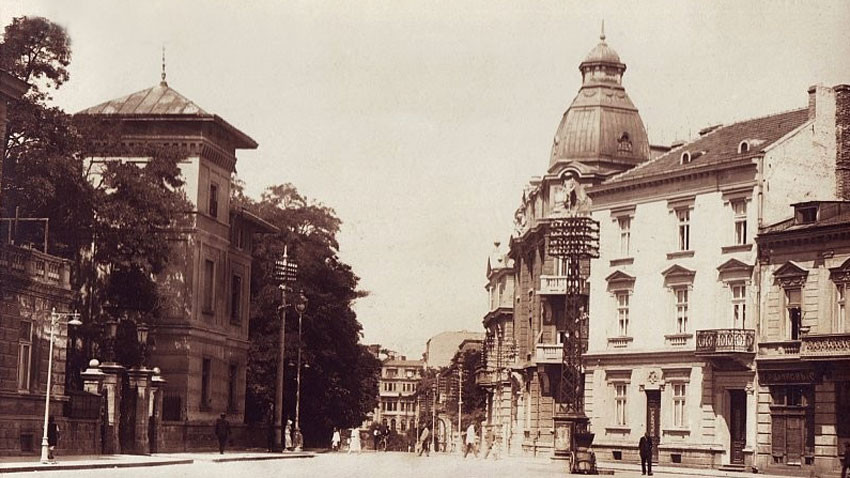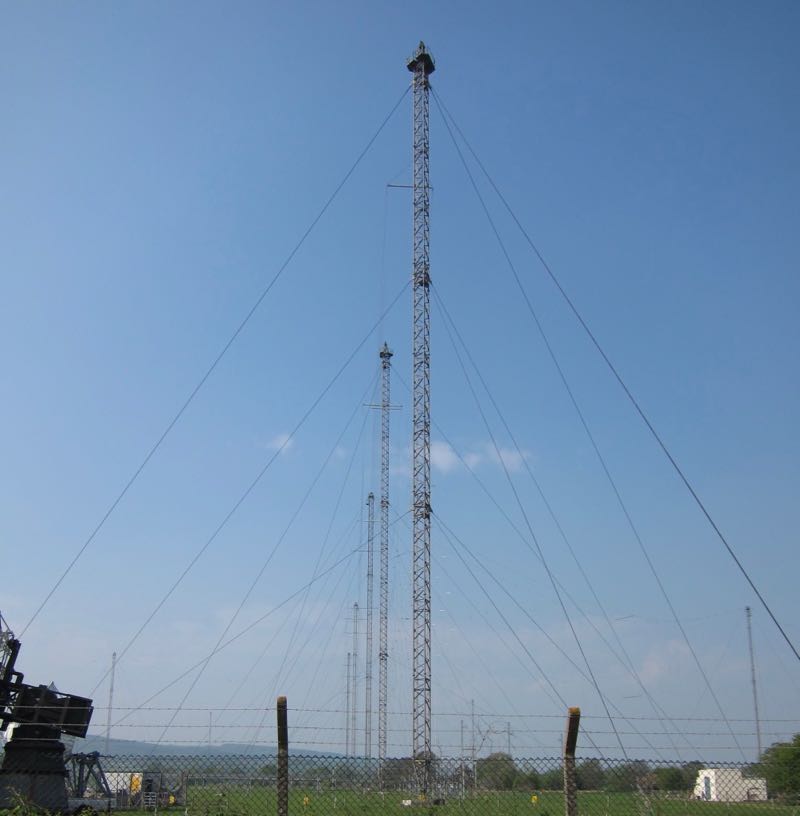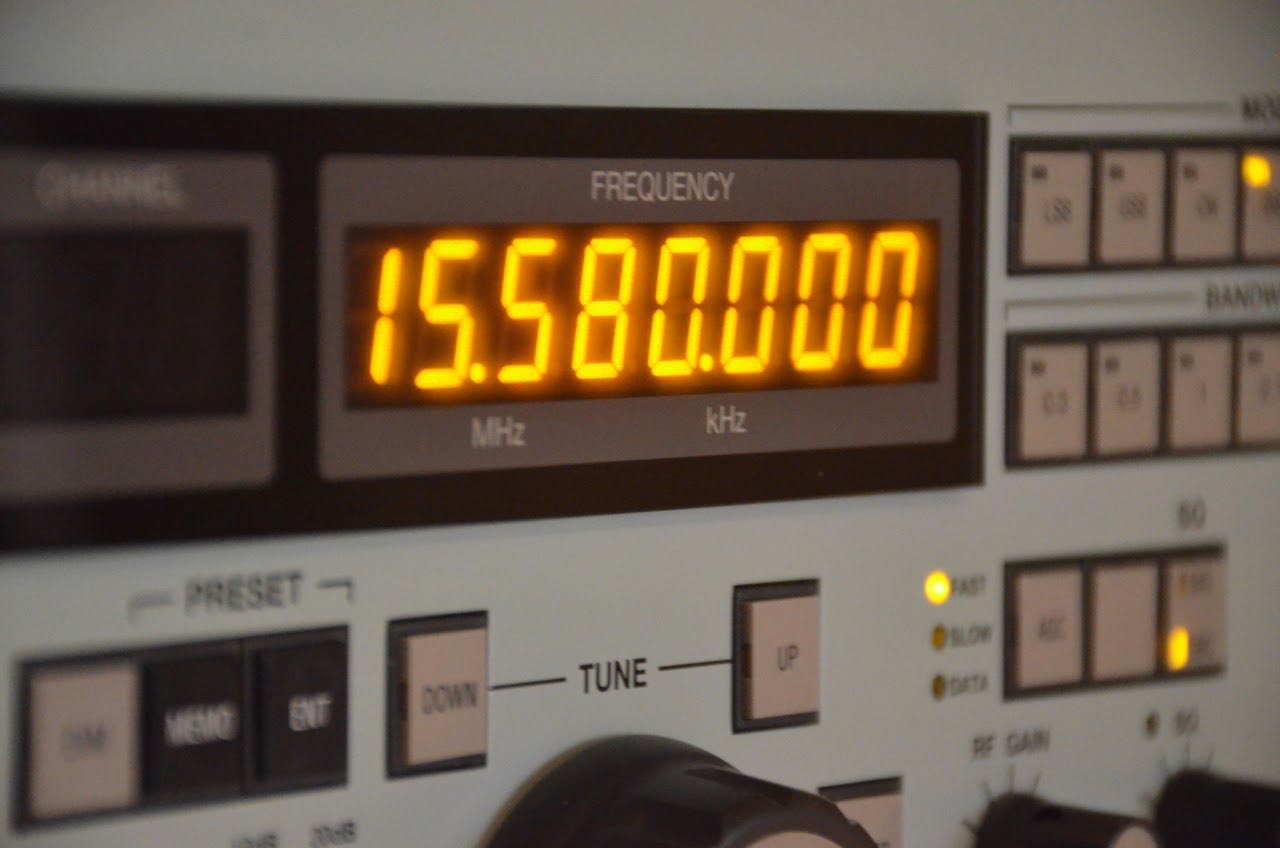 Many thanks to SWLing Post contributor David Iurescia, who shares the following news from Radio Taiwan International’s French language service. Please note that the English translation is followed by the original notice in French:
Many thanks to SWLing Post contributor David Iurescia, who shares the following news from Radio Taiwan International’s French language service. Please note that the English translation is followed by the original notice in French:
Dear listeners,
The French Service of Radio Taiwan International is pleased to inform you that during the month of August 2025, we will be broadcasting live from the Tamsui transmission center, located in northern Taiwan, to Europe and North Africa.
To best prepare for this French-language radio event, a test transmission will be carried out on Sunday, June 29, via shortwave, at the following times and frequencies:
-
- Frequency 15145 kHz (325°), 17:00–17:10 UTC
- Frequency 11995 kHz (325°), 17:15–17:25 UTC
- Frequency 11995 kHz (325°), 17:30–17:40 UTC
- Frequency 9550 kHz (315°), 17:45–17:55 UTC
Your reception reports for these 10-minute test segments will help us identify the two optimal frequencies for the 30-minute “Live from Tamsui” broadcast in August—so we can ensure the best possible listening conditions.
This French-language broadcast will air on shortwave every Friday, Saturday, and Sunday from August 1 to August 31. Frequencies and times will be announced following the June 29 test transmission.
Thank you for your valued participation!
A special QSL card is being produced for all reception reports sent to the French Service—both for the test broadcast and for the August transmissions. You can send reports by postal mail or email.
Thank you for listening and for your continued support.
Kind regards,
French Service, RTI
https://www.rti.org.tw/fr/index
[email protected]
Original message in French:
Chers auditeurs,
Le service français de Radio Taïwan International est heureux de vous informer que durant le mois d’août 2025, nous procéderons à une diffusion directe depuis le centre de transmission de Tamsui, dans le nord de Taïwan, vers l’Europe et l’Afrique du nord.
Afin de préparer au mieux cette activité radiophonique en français, une diffusion-test sera effectuée le dimanche 29 juin en ondes courtes, aux horaires et fréquences suivants :
-
- Fréquence 15145 kHz (325°), 17h00-17h10, temps universel
- Fréquence 11995 kHz (325°), 17h15-17h25, temps universel
- Fréquence 11995 kHz (325°), 17h30-17h40, temps universel
- Fréquence 9550 kHz (315°), 17h45-17h55, temps universel
Vos rapports d’écoute sur ces tests par segments de 10 minutes nous aideront à identifier les deux fréquences optimales pour la diffusion du mois d’août « en direct de Tamsui » de 30 minutes dans les meilleures conditions d’écoute possible.
Le programme de cette activité radiophonique en français sera diffusé en Ondes Courtes tous les vendredis, samedis et dimanches du 1er août au 31 août. Les fréquences et horaires vous seront communiqués après la diffusion-test du 29 juin.
Merci de votre contribution appréciée !
Une carte QSL spéciale est réalisée pour tous les rapports d’écoute que vous nous adresserez par courrier, courriel au service français, aussi bien pour la diffusion test que lors de la diffusion du mois d’août prochain.
Merci de votre écoute et de votre fidélité.
Cordialement,
Service français, Rti
https://www.rti.org.tw/fr/index
[email protected]

